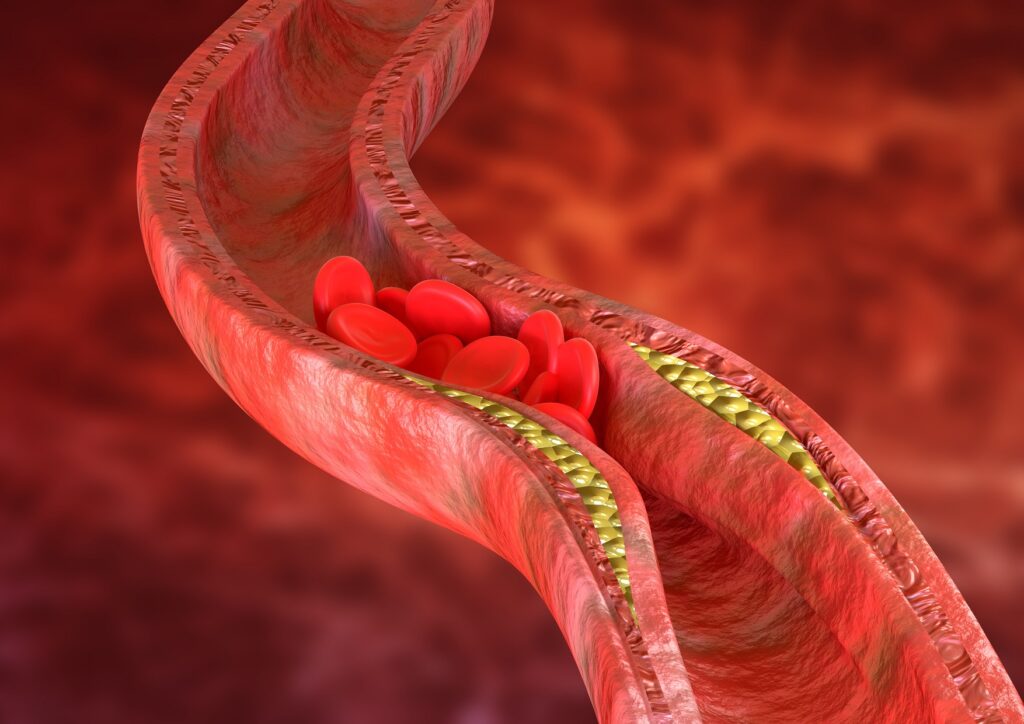Uncategorized
Cholesterol and health

Cholesterol is a type of fat that is essential for the body to function properly. It is found in every cell of the body and is used to make hormones, vitamin D, and bile acids that aid in digestion. However, too much cholesterol in the blood can lead to health problems such as heart disease and stroke. In this blog, we will discuss what cholesterol is, why it is important, and how to manage cholesterol levels.
- Understanding Cholesterol: Cholesterol is a type of lipid that is produced by the liver and can also be found in some foods. There are two types of cholesterol: LDL (low-density lipoprotein) and HDL (high-density lipoprotein). LDL cholesterol is often referred to as “bad” cholesterol because it can build up in the walls of arteries and cause blockages, leading to heart disease and stroke. HDL cholesterol is known as “good” cholesterol because it helps remove excess cholesterol from the bloodstream.
- Factors That Affect: Cholesterol Levels There are several factors that can affect cholesterol levels, including genetics, diet, and physical activity. Consuming a diet that is high in saturated and trans fats can increase LDL cholesterol levels, while eating a diet that is high in fiber can help lower LDL cholesterol levels. Regular physical activity can also help improve cholesterol levels by increasing HDL cholesterol levels and reducing LDL cholesterol levels.
- Managing Cholesterol Levels: Managing cholesterol levels is important for overall health and can be achieved through lifestyle changes and, in some cases, medication. Eating a balanced diet that is low in saturated and trans fats, high in fiber, and rich in fruits, vegetables, and whole grains can help improve cholesterol levels. Regular physical activity, maintaining a healthy weight, and quitting smoking can also help improve cholesterol levels. In some cases, medication such as statins may be prescribed to lower cholesterol levels.
- Monitoring Cholesterol Levels: Monitoring cholesterol levels is important to assess the effectiveness of lifestyle changes and medication. A blood test called a lipid panel can measure cholesterol levels, including total cholesterol, LDL cholesterol, HDL cholesterol, and triglycerides.
In conclusion, cholesterol is a necessary component of the body but too much of it can lead to health problems. Understanding cholesterol, the factors that affect cholesterol levels, managing cholesterol levels through lifestyle changes and medication if necessary, and monitoring cholesterol levels are all important for maintaining optimal health. By making healthy lifestyle choices, cholesterol levels can be managed effectively, reducing the risk of heart disease and stroke.
